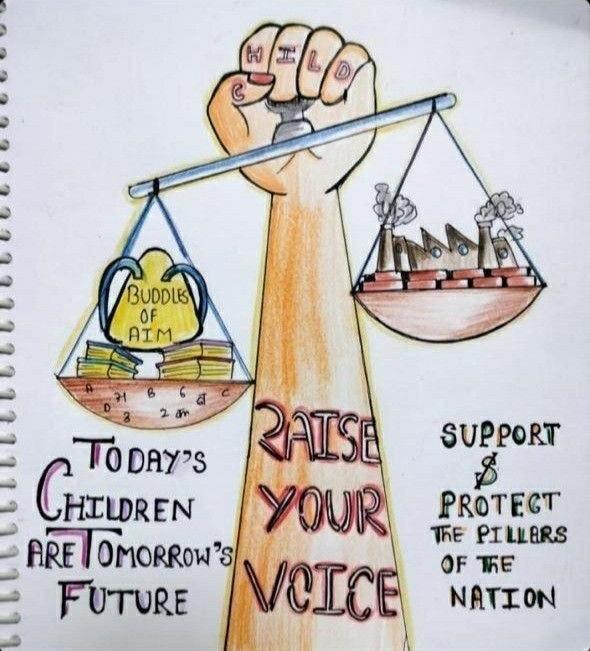The judiciary is an essential pillar of democracy, responsible for interpreting and upholding the law. It ensures that justice is delivered impartially, protecting citizens' rights and maintaining the rule of law. In many democratic systems, the judiciary operates independently, free from executive and legislative interference. This independence allows it to act as a check on government power, preventing abuse and safeguarding constitutional rights.
Judicial systems are typically organized in a hierarchical structure, with higher courts such as supreme courts or constitutional courts at the top, which have the final say on legal disputes. Lower courts handle cases involving civil, criminal, and administrative matters. Judges are appointed through various methods depending on the country, often through government appointments or elections, based on qualifications and merit.
Through its decisions, the judiciary can shape social and political landscapes, ensuring that laws are applied fairly and justice is served, thus maintaining trust in legal institutions.

